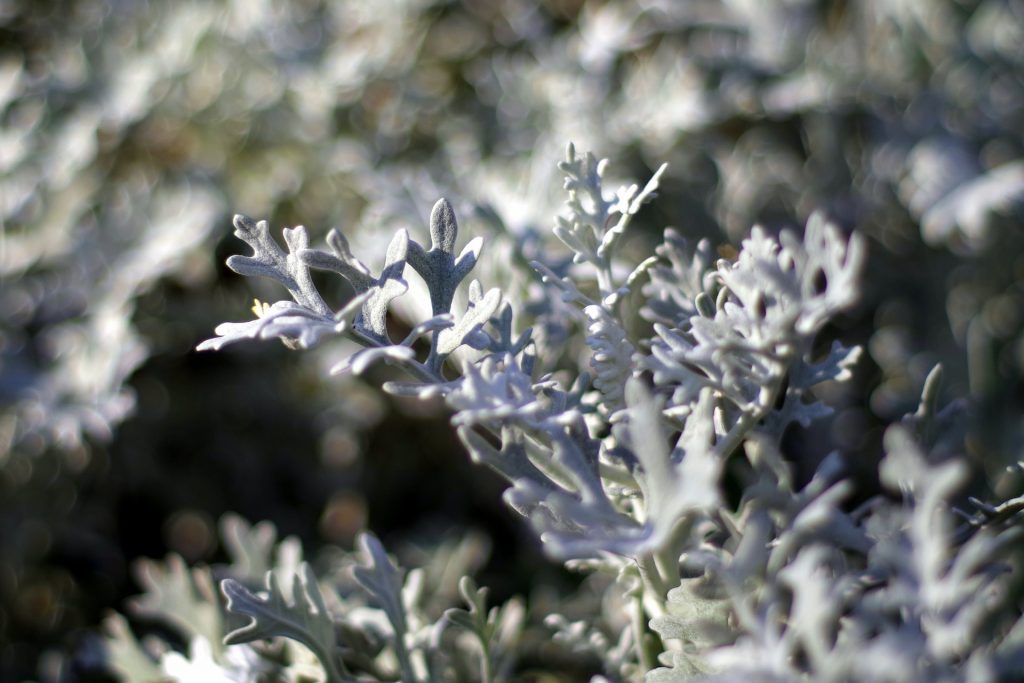 Wormwood (Artemisia absinthium) is an aromatic perennial herb which grows natively in parts of North America, Eurasia and North Africa. The plant grows to about 1 meter in height with straight stems, which possess branches containing silvery green leaves. Wormwood has been used historically in traditional medicine, particularly in the Middle East. It is thought that some of its medicinal properties stem from its high concentration of antioxidant phytochemicals. In this regard the herb is used for its antihelminthic, antimicrobial, antifungal, choleretic, diuretic, digestive, and antiseptic properties. Researchers have also investigated the mood elevating properties of wormwood. In this regard, extracts of the flowering stage of the aerial parts of the plant were administered to mice and the mice were then exposed to experimental stress. The results of the study showed that the wormwood extracts conferred significant antidepressant effects on the mice and a dose dependent activity was present.
Wormwood (Artemisia absinthium) is an aromatic perennial herb which grows natively in parts of North America, Eurasia and North Africa. The plant grows to about 1 meter in height with straight stems, which possess branches containing silvery green leaves. Wormwood has been used historically in traditional medicine, particularly in the Middle East. It is thought that some of its medicinal properties stem from its high concentration of antioxidant phytochemicals. In this regard the herb is used for its antihelminthic, antimicrobial, antifungal, choleretic, diuretic, digestive, and antiseptic properties. Researchers have also investigated the mood elevating properties of wormwood. In this regard, extracts of the flowering stage of the aerial parts of the plant were administered to mice and the mice were then exposed to experimental stress. The results of the study showed that the wormwood extracts conferred significant antidepressant effects on the mice and a dose dependent activity was present.

Wormwood contains high amounts of antioxidants including flavonoids. This may explain the antidepressant effects of the herb. In addition the terpenes in the essential oil may also contribute to the antidepressant effects.
The effectiveness of wormwood extracts to reduce depressive behaviour in animals is comparable to that of the antidepressant drug imipramine. It is not clear how wormwood confers its antidepressant activity, but this may relate to the high levels of antioxidant phytochemicals in the plant. Wormwood extracts have been shown to possess high levels of total phenolics and total flavonoids, and this may produce significant antioxidant effects that could either directly alter neurochemistry, or indirectly protect neurones from oxidative stress and damage. A high antioxidant potential has also been reported for extracts of wormwood essential oils. The major phytochemical components of wormwood essential oil are terpenes, and over 100 of these have been identified. It appears that the exact chemical composition of the oils varies depending on the geographical location of the plant, and this likely reflect growing conditions and genetic variation between different plants.
Eat Well, Stay Healthy, Protect Yourself
RdB
